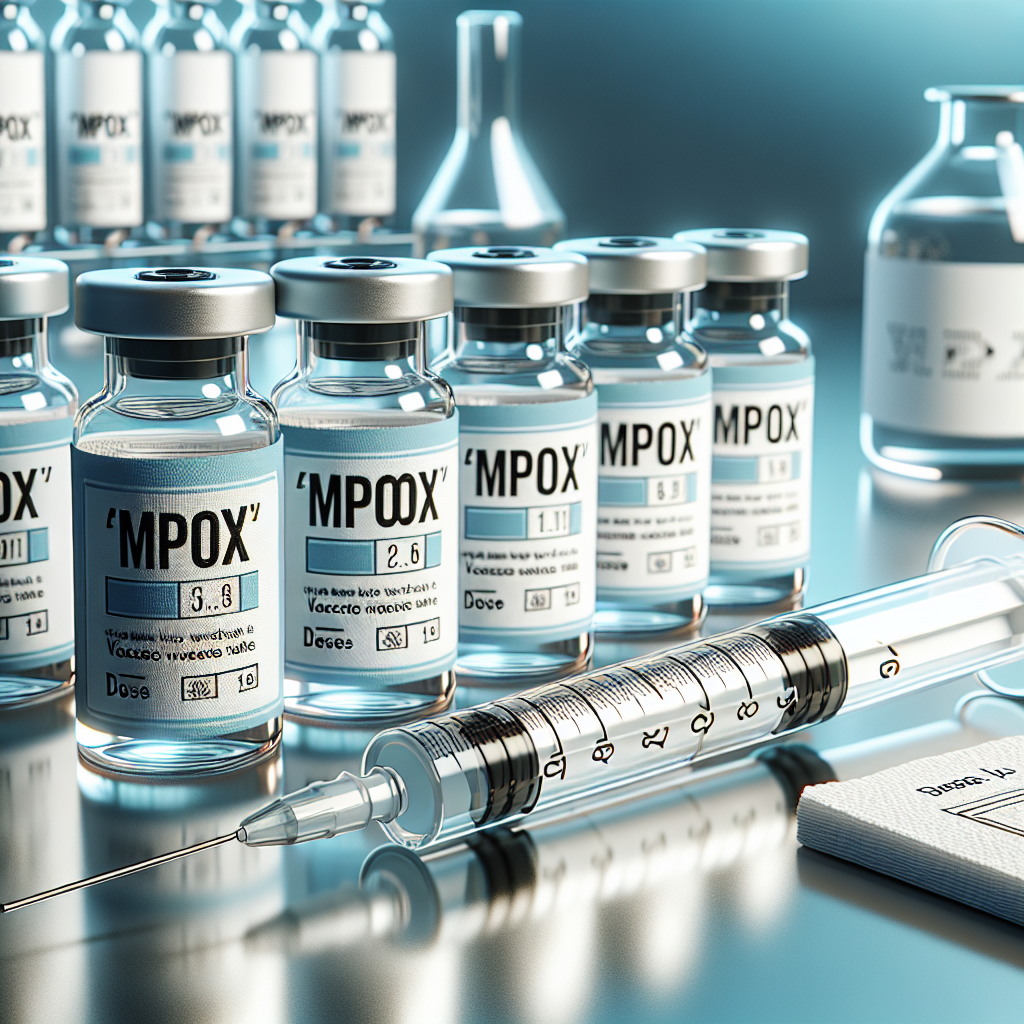Kenya has received a significant boost in its health initiatives with the donation of Mpox testing kits and medicines for neglected tropical diseases (NTDs) from the World Health Organization (WHO), USAID, and other health partners. These critical supplies will strengthen the country’s capacity to tackle a range of health challenges affecting vulnerable populations.
At the handover ceremony, Cabinet Secretary for Health, Dr. Deborah M. Barasa, emphasized the importance of these contributions, particularly in addressing health issues in communities most at risk. She highlighted that mass drug administration (MDA) campaigns are key to controlling NTDs like lymphatic filariasis, soil-transmitted helminths, and schistosomiasis, particularly in areas with a high disease burden. The upcoming MDA campaign will specifically target regions with the highest prevalence of these diseases.
Dr. Barasa expressed deep appreciation for the support from WHO and USAID, underscoring that their contributions will help ensure that essential medicines reach those most in need. USAID’s donation of Mpox testing kits will also enhance Kenya’s ability to detect and respond effectively to Mpox cases, strengthening the country's overall health surveillance system.
WHO’s Representative to Kenya, Dr. Abdourahmane Diallo, confirmed the donation of 15.2 million tablets of NTD medicines valued at USD 1.6 million, which will be used in this month’s MDA campaign. He reiterated WHO’s commitment to supporting Kenya's goal of eliminating NTDs, such as schistosomiasis and soil-transmitted helminthiases, by 2030.
These efforts reflect Kenya’s broader strategy to enhance public health, focusing on disease prevention, early detection, and access to essential treatments in the country’s most affected regions.











